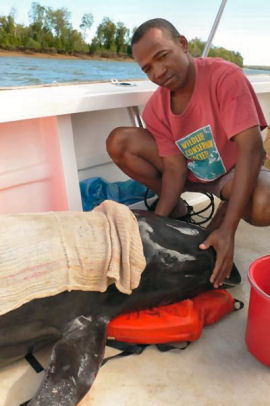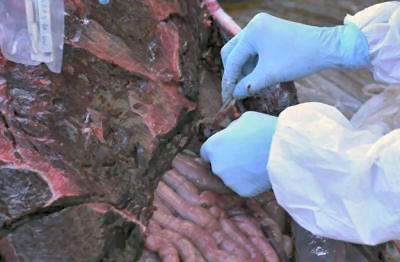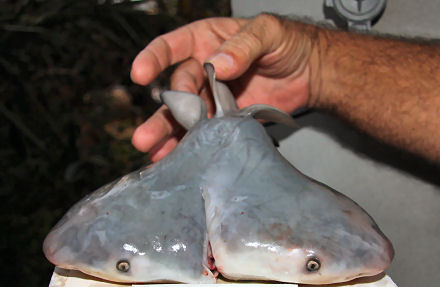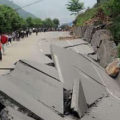
For the first time, a mass stranding of marine mammals has been linked to the high-frequency sonar mapping systems used by the petrochemical industry.
Importantly, the findings from the stranding of approximately 100 melon-headed whales in northwest Madagascar in 2008 were made by an independent scientific review panel. Additionally, a multi-stakeholder steering committee – that included members from the petrochemical industry – was established to provide guidance in setting up and structuring the review panel.
“Mass stranding response is challenging under the best of circumstances. Together with local individuals and the government of Madagascar, we provided the expertise to rescue as many animals as possible and medical care to those that stranded alive,” said Katie Moore, Director of Animal Rescue at the International Fund for Animal Welfare. “Equally important was to gather as much data as possible from the animals to address the root cause of the stranding.”
One of the members of the panel, the Wildlife Conservation Society (WCS), led the initial investigation into the stranding by organizing a team of researchers to carry out necropsies on the dead whales.

Related:
Discuss this article in our forum
The full report into the stranding
Scientists ponder global change in whale song
Primitive whales gave birth on land
Human Noise Wrecks Whales’ Sex Lives








Comments are closed.